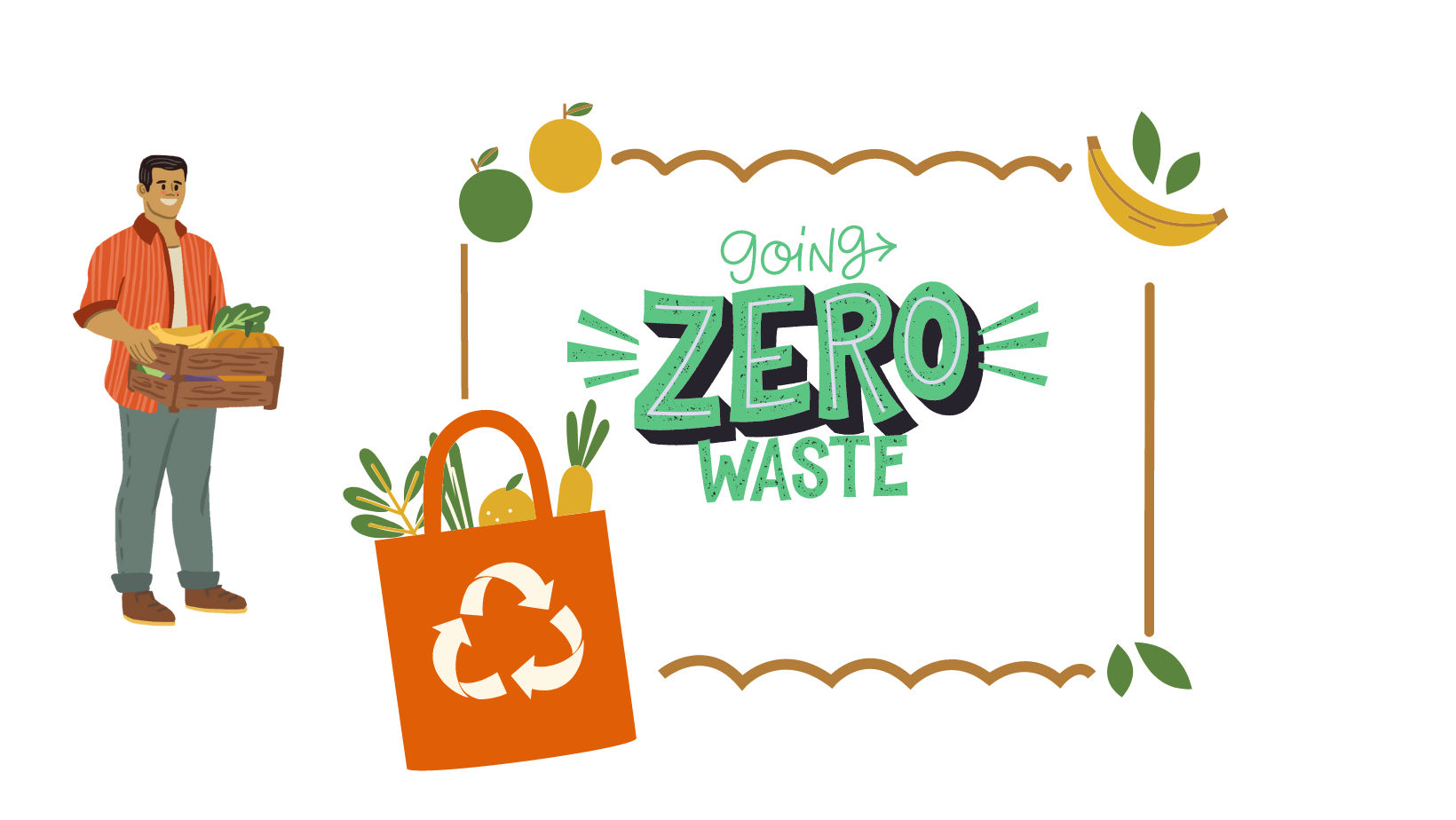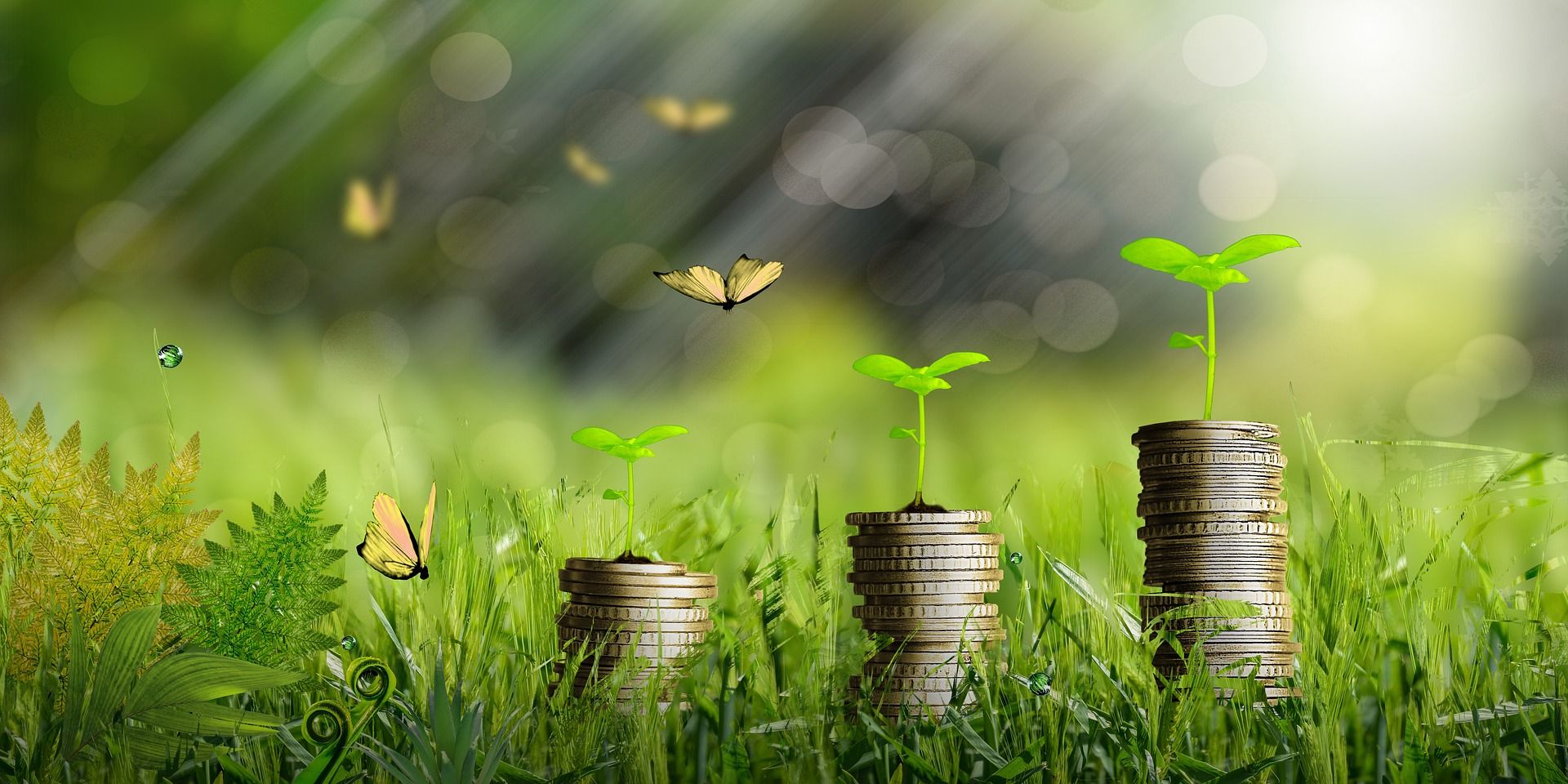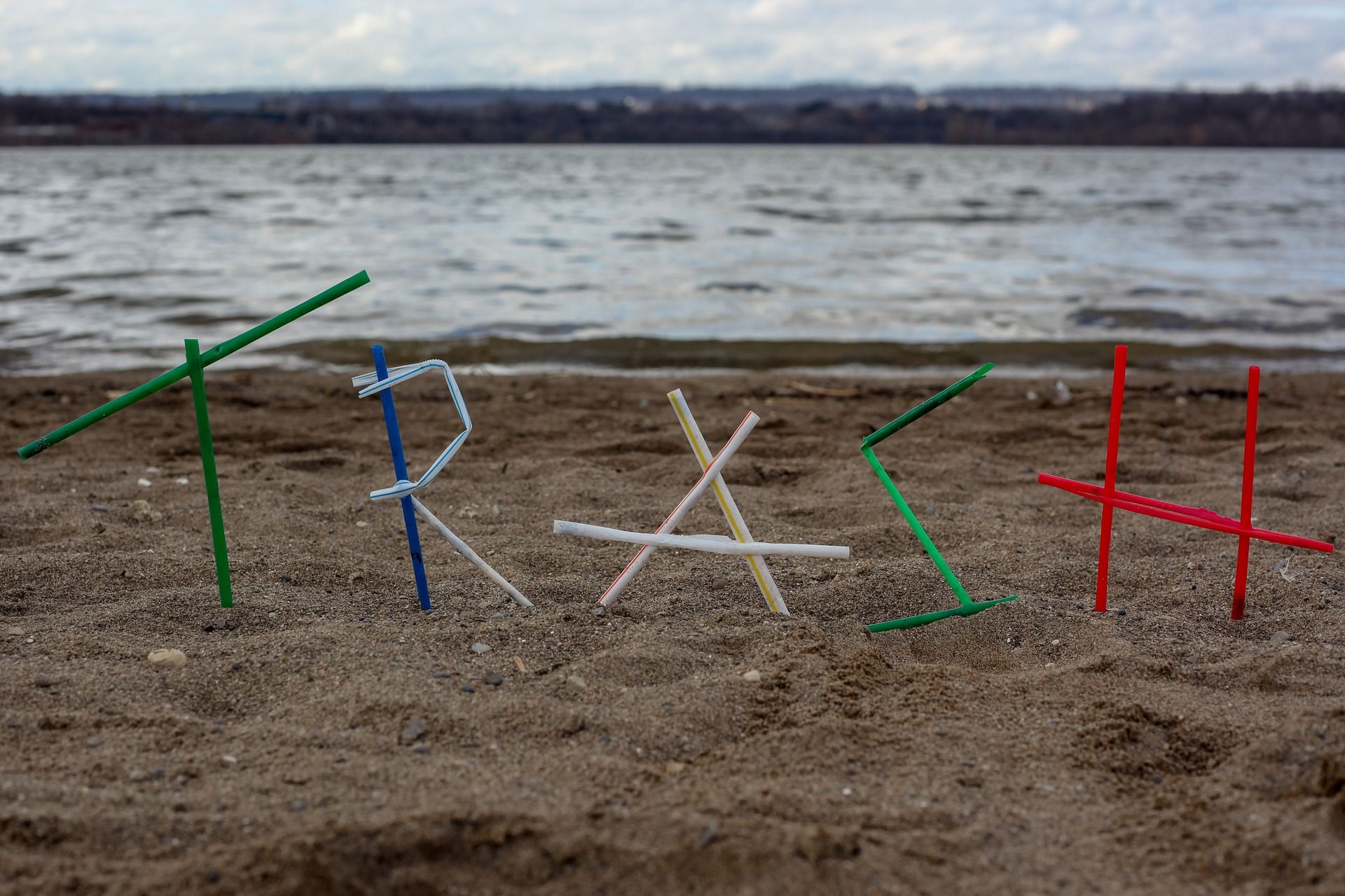The first world conference that made the environment a major global issue took place in Stockholm, Sweden, from June 5 to June 16, 1972. The slogan was ‘Only One Earth’. 50 years later, we’ve marked World Environment Day on June 5, 2022. Only One Earth was the theme.
Human-Induced Climate Change and Pollution Issues
In the past 50 years, mankind has battled serious environmental issues including climate change and pollution. Human activities such as the burning of fossil fuels, deforestation, and poor waste management have led to serious planetary warming.
Our landfills are full. According to United Nations Environment Program (UNEP), Nairobi’s Dandora landfill was declared completely full in 1996. These dumps generate about 50% methane gas, which is up to 36 times more potent than carbon dioxide, as a greenhouse gas. Consequently, the International Panel on Climate Change (IPCC) has sounded code red for humanity if we don’t take action to reduce carbon emissions.

Our oceans and marine life are also choking with plastic, a product of fossil fuels. Scientists witnessed a female albatross regurgitating a plastic toothbrush to feed its chick, conservationists removed a 12-cm plastic straw stuck up an olive ridley sea turtle’s nose in Costa Rica, and photographer Justin Hofman observed a sea horse using plastic qtips to ride ocean waves. The BBC One documentary, Drowning in Plastic, exposes the plight of sea birds starving to death because their stomachs are full of plastic, leaving no room for food.
Global Bans On Plastics
Fortunately, governments and individuals are taking action. Some governments have banned single-use plastics. Renewable energy sources are also encouraged. In the United States, businesses serving food and drinks are prohibited from giving their customers plastic straws and stirrers. Alaska Airlines is the first U.S airline to stop using plastic straws. Jamaica, Vanuatu, and Antigua and Barbuda have all banned single-use plastic.
In Africa, Kenya and Rwanda take the lead. Rwanda banned the sale importation, production, and use of all types of plastic bags and packaging in 2008. In August 2019, the Rwandese government banned single-use plastic items.
In 2017, Kenya effected one of the toughest single-use plastic bag bans in the world. She also banned single-use plastics in all her protected areas, including beaches, national parks, conservation areas, and forests on 5 June 2020. Alternatives to these banned items are available in the country.
Make an Individual Choice
Governments have immensely helped steer the change of lifestyle discourse. We are also reminded of the need for voluntary compliance. This year’s World Environment Day theme urges us to consider living a greener life by making individual choices that allow us to live in harmony with nature. Your plastic toothbrush, for instance, takes about 400 years to degrade in the environment. During this time, marine life is confusing it for food, then die because their stomachs are full of plastic.
Consider switching to ecofriendly alternatives to your everyday products. Consider reusables when hosting a party or team-building event. If this isn’t possible, opt for single-use ecofriendly crockery such as palm leaf plates, and wooden cutlery. Carry a reusable tumbler or bottle to avoid single-use plastic water bottles and coffee cups. Businesses should offer instead of giving without question, single-use cutlery, even when they’re ecofriendly, to reduce waste. There’s no need for single-use cutlery and condiment sachets when making home deliveries, for instance. Most homes already have these items.
You can opt for no straws, and if you must have one, a reusable straw, e.g metal or bamboo straw suffices. Swap plastic qtips with bamboo qtips, a nylon produce bag with cotton produce bags, and a polyurethane kitchen sponge with natural loofah or bamboo kitchen brushes.

A greener lifestyle also means reducing waste. A reusable makeup remover pad is better than single-use cotton balls. Always remember to consider packaging too. Naked packaging is encouraged if safety standards aren’t compromised. Avoid single-use plastic packaging. There’s no point in having reusable straws wrapped in single-use plastic, for instance.
An environmentally-conscious lifestyle similarly includes choosing toxin-free products that are septic, water, and soil-safe. For example, paraben-free cosmetics. Organic fresh produce and plant-based products such as almond milk are great options too. Avoid food waste by creating recipes from leftover food, serving only what you’ll finish. Find ways to use your food scraps. For example, broccoli stems are edible. Don’t throw them.
Beware of Greenwashing
Some businesses want to hop onto the going green ‘trend’, and are using greenwashing techniques. Greenwashing is the practice of falsely implying that a product is ecofriendly when it’s not. There are six sins of greenwashing.
- Fibbing is the act of making environmental claims that are simply false.
- No proof. Some companies will also make green claims that can’t be substantiated.
- Hidden trade-off. A hidden trade-off occurs when a business uses one element to claim that the product is green. For example, saying that a soap is toxin-free because it lacks Sodium Lauryl Sulfate (SLS), yet it has all the other toxic chemicals such as parabens.
- Some businesses may ride on consumer unawareness of banned items, making irrelevant green claims. For example, stating that a product is chlorofluorocarbon (CFC) free is irrelevant because CFCs have been banned globally since 1987, through the Montreal Protocol.
- Lesser evils. This is done by adding a do-good label to an environmentally-unfriendly product. For example, calling products made of toxic chemicals ecofriendly because the packaging is actually ecofriendly.
- This is when brands are non-specific about what makes a product or practice green. Yet, they use the green label.
Embrace Proper Waste Management Too
Exercise proper waste management by sorting your plastics and sending them to recycling drop-off points. This includes textiles, glass, aluminum, and paper products and packaging too. If possible, re-use before you recycle. This helps save energy.
Don’t bin your organic waste with other waste. Consider buying a compost kit to keep your food scraps from landfills. If this isn’t possible, and you don’t have domestic animals, send the food scraps to a local farmer. You can also get biogas from your kitchen waste.
You should also be careful with how you deal with ecofriendly products. Being biodegradable and compostable doesn’t mean that poor waste management is acceptable.
Microorganisms break down a biodegradable product into organic matter within a short time. However, if this product is sent to a landfill, it will take longer to decompose. In the process, due to the poor landfill conditions, landfill gas consisting of mainly methane is produced.
So, your ecofriendly product ends up warming the planet further.
The same process applies to compostable products. They can also break down into organic matter in your home compost pile, depending on the product. Some compostable products, however, need industrial composting facilities.
Note that while all compostable items are biodegradable, not all biodegradable items are compostable. This means that not all compostable products can go into your compost pile.
So, where do you buy ecofriendly products in Kenya?
Where to Buy Ecofriendly Products in Kenya

Verte Environmental Solutions is your trusted partner in greening your lifestyle. We stock a wide array of ecofriendly products including bamboo toothbrushes, bamboo qtips, ecofriendly travel cutlery sets, reusable makeup pads, and ecofriendly kitchen brushes. These products are biodegradable and recyclable.
Find us at the Pop-up store at the Village Market old wing, ground floor, behind Absa bank. There’s no planet B. This is it!
*Don't be mean. Be Green*




















